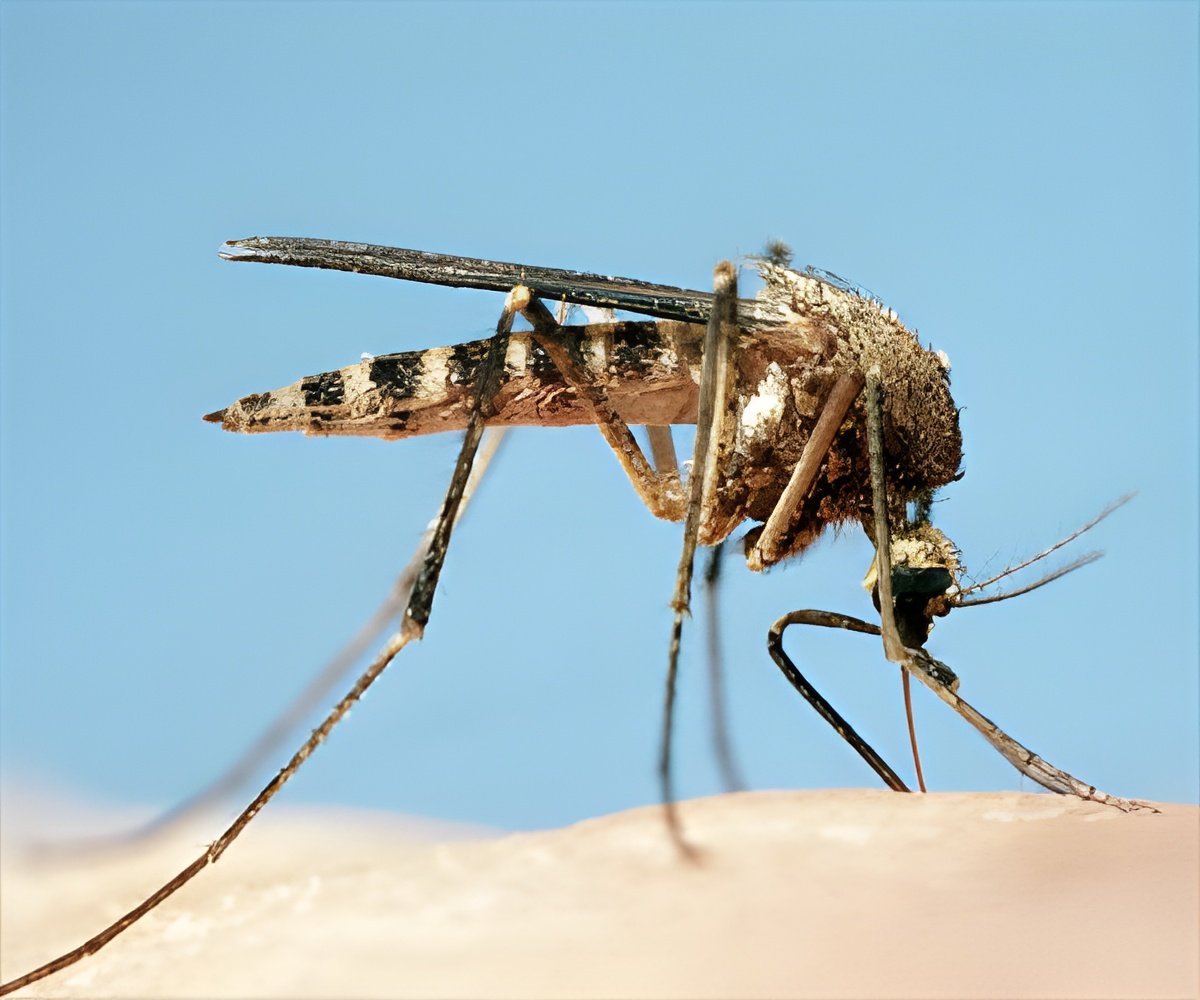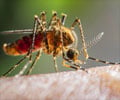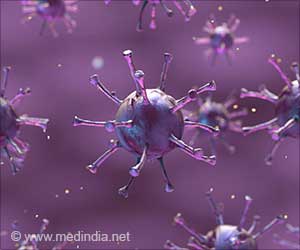Dengue causing mosquitoes are thriving, as coronavirus imposed restrictions deter sanitation needs causing accumulation of waste and stagnant water. These are breeding grounds for dengue-causing mosquitoes.

‘Lockdown measures to combat the surge of coronavirus cases have led to a surge in the number of dengue cases in South-east Asia. Early detection of severe dengue, and access to proper medical care lowers fatality rates of severe dengue to below 1%.’
Read More..




Cameron Simmons, director of Institute of Vector-Borne Disease at Melbourne stated that,”Lockdowns are placing more people at home than they normally would.While no evidence has emerged proving a direct link, lockdowns could potentially have created an environment where mosquitoes are interacting more with the population than they would otherwise.”Read More..
Dengue is a vector-born disease, that causes high fever, crushing-joint pain, rashes and in some cases, fatal shock. For the same reason, it is also known as the breakbone fever. The Aedes mosquitoes acts as the vector and thrives in unclean and stagnant water.
It is mainly seen in tropical regions like India, Singapore, Indonesia and Malaysia. Singapore is facing its worst crisis in the history of the disease with 165 news cases being reported per day, in the second week of June. The National Environmental Agency of Singapore reported that it expected to see a surge in the number of dengue cases in the country in 2020, that would surpass the largest outbreak in history of Singapore.
The viral infection has no specific treatment and requires early diagnosis and proper management. Without proper care it has a fatality of over 50 percent. With emerging cases and limited medical resources, it is becoming more challenging to treat the disease.
The new challenge would be to deal with dengue by observing the trend of its outbreak, along with preparing additional measures to combat coronavirus.
Advertisement















